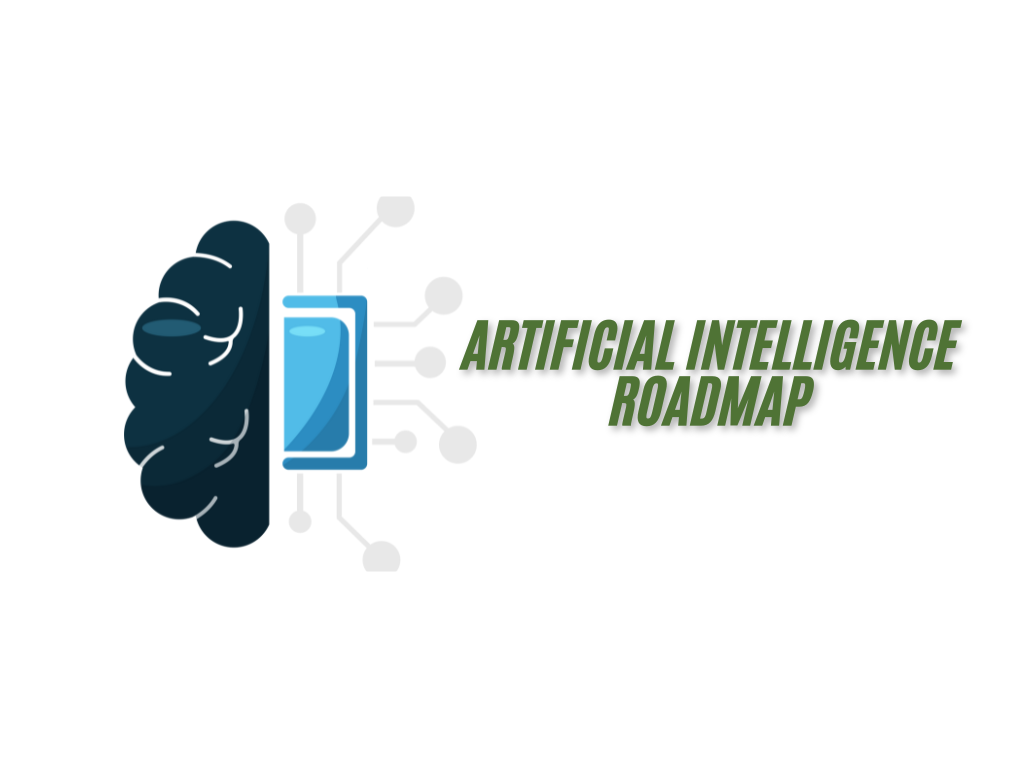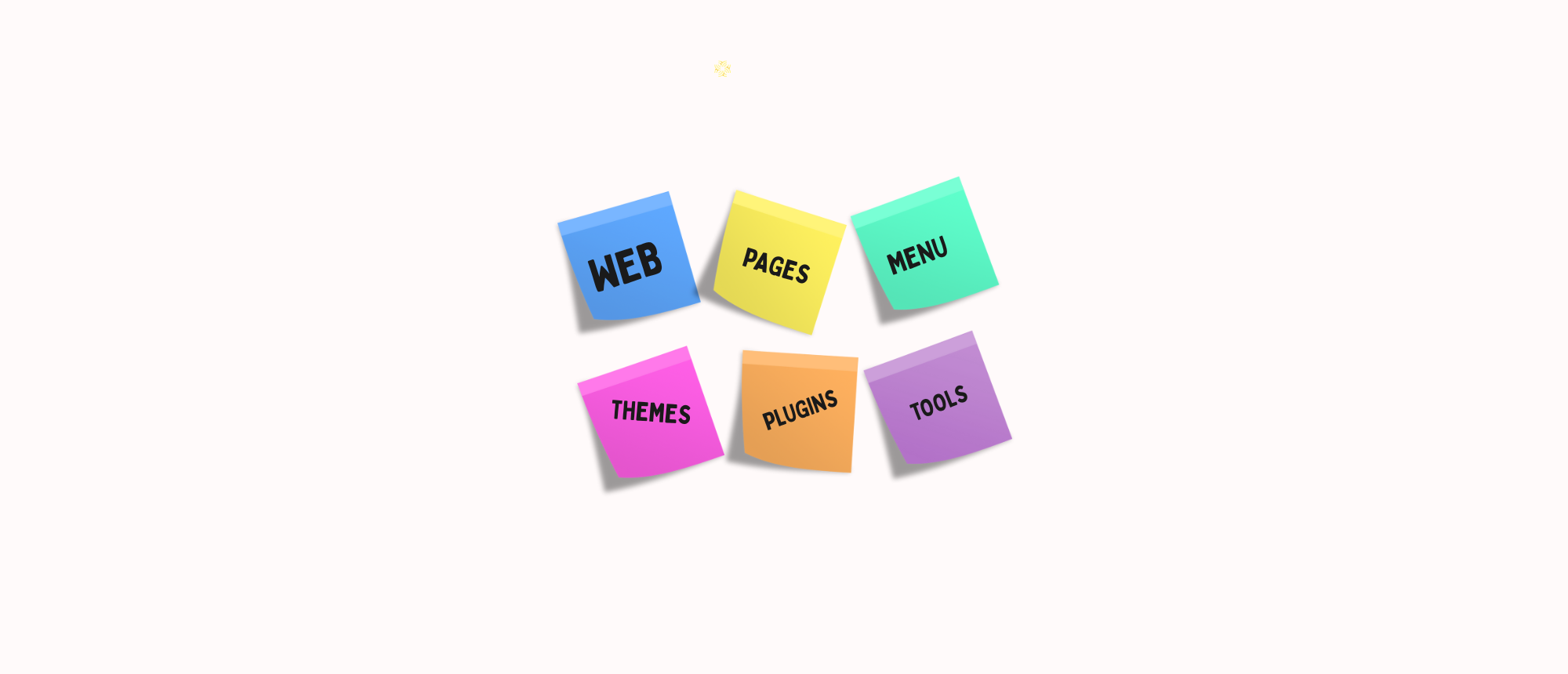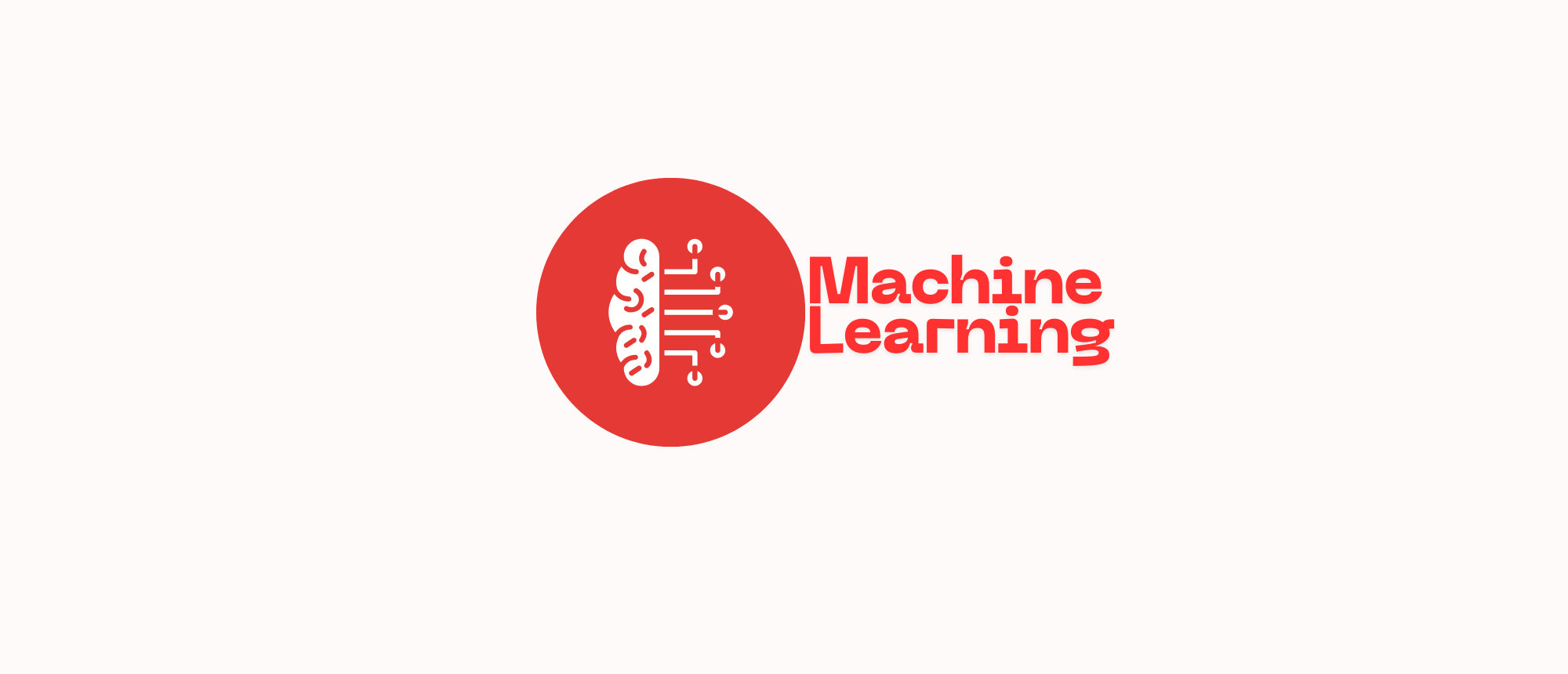
Questions
- What is Python?
- What are the key features of Python?
- What data types are available in Python?
- What is the difference between a list and a tuple?
- What is a dictionary in python?
- What is list comprehension in Python?
- What distinguishes @staticmethod from @classmethod?
- what is it a lambda function?
- How does Python handle memory?
- What is PEP 8? in Python?
- Which Python frameworks are generally used?
- What are the keywords used for managing exceptions in Python?
- What are Python metaclasses ?
- what are the Context managers in Python?
- Describe how to utilize functools.lru_cache()?
- When would you utilize Python metaclasses and what are they?
- Discuss the distinction between new and init when building a Python class?
- How does a Global Interpreter Lock (GIL) affect programs that use many threads?
- Why are circular references found and handled by Python’s garbage collector?
- How does slots impact memory use and what is its purpose?
- Describe the distinctions between generators’ yield, yield from, and ordinary return statements?
- In Python, what are coroutines and how do they work with await and async ?
- How does Python’s multiple inheritance system’s function resolving order (MRO) operate?
Advanced Questions
- What distinguishes serialization (such as using pickle) from deepcopy( ) ?
- What distinguishes a Python lambda, closure, and function from one another?
- What are the differences between a class method, a static method, and an instance method?
- Write a Python function to check if a string is a palindrome ?
- What is the differences between multiprocessing and multithreading in Python?
- What is the duck typing in Python?
- What are weak references in Python? Where are they used?
- What is the purpose of slots? What are the advantages and trade-offs?
- What are the implications of using mutable default arguments in Python functions?
- How do you handle circular imports of large Python projects?
- Implement a Python decorator that measures and logs execution time and supports of both sync and async functions?
- What are the differences between generators, coroutines, and async/await? Provide use cases for each?
- What are metaclasses in Python? Write the custom metaclass that logs class creation?
- What is the monkey patching in Python? When is it appropriate (or not) to use it?
- What are closures in Python? How do they relate to lexical scoping?
- What is the purpose of the init() method in Python classes?
- How do arrays differ from lists in Python?
- What type of elements can arrays contain?
- How can you make a Python script executable on a Unix-based system?
- What is slicing in Python, and how is it used?
- What is a docstring in Python, and how do you define one?
- What are unit tests in Python, and why are they important?
- Explain the use of break, continue, and pass statements in Python.
- What does the self keyword represent in a class?
- What are global, protected, and private attributes in Python?
- Define modules and packages in Python. How are they different?
- What is the function of the pass statement in Python?
- What are Python’s common built-in data types?
- What are lists and tuples in Python? What is the key difference between them?
- What does the term “scope” mean in Python programming?
- What is PEP 8, and why is following it important?
- What does it mean that Python is an interpreted language?
- What does it mean that Python is dynamically typed?
- What is Python, and what are the advantages of using it?
- What are dictionary and list comprehensions in Python?
- What are decorators in Python, and how are they used?
- What is scope resolution in Python, and how does it work?
- What are namespaces in Python, and why are they important?
- How is memory managed in Python?
- What is a lambda function in Python, and when should you use it?
- How do you delete a file in Python?
- What are negative indexing and its purpose in Python?
- What do args and kwargs mean in function definitions?
- Explain how the split() and join() functions work in Python.
- What are iterators in Python, and how do they work?
- Are function arguments in Python passed by value or by reference?
- How does Python execute or interpret code internally?
- What is the difference between .py and .pyc files?
- What are the uses of the help() and dir() functions in Python?
- What is PYTHONPATH, and how is it used in Python environments?
- What are generators in Python, and how are they different from functions?
- What is pickling and unpickling in Python?
- What is the difference between xrange() and range() in Pytho
- How do you create a copy of an object in Python?
Complete Guide to Learn Python Programming
Learn the basics, such as data types, variables, conditionals, loops, functions, and object-oriented programming (OOP), to begin preparing for your Python interview.
After mastering the fundamentals, proceed to more advanced subjects, including file management, exception handling, list comprehension, and module and package usage. Adapt your education to your professional objectives; for instance, study libraries such as Flask for web development and automation and NumPy and Pandas for data science or requests.
Learn more complicated subjects like decorators, multithreading, multiprocessing, generators, and Python memory management for more senior positions. Gain an understanding of fundamental ideas such as the Global Interpreter Lock (GIL) and asyncio-based asynchronous programming.
Finally, practice your skills by working through challenges on sites like . In order to produce Pythonic and efficient answers during interviews, practice clearly describing your code and go over key data structures and algorithms.



